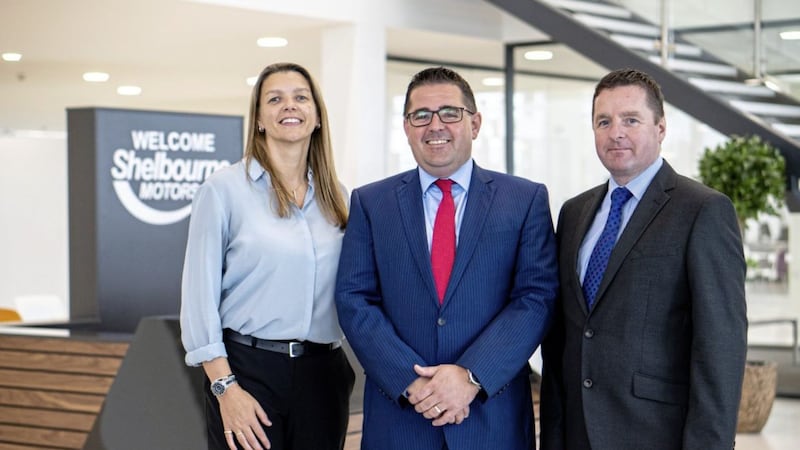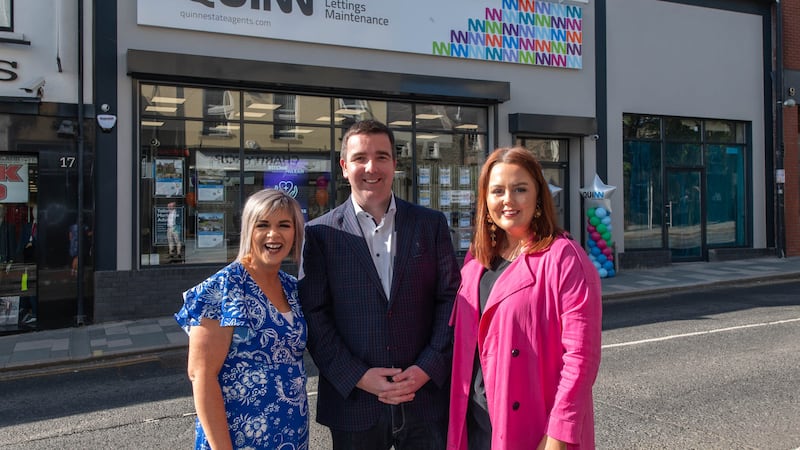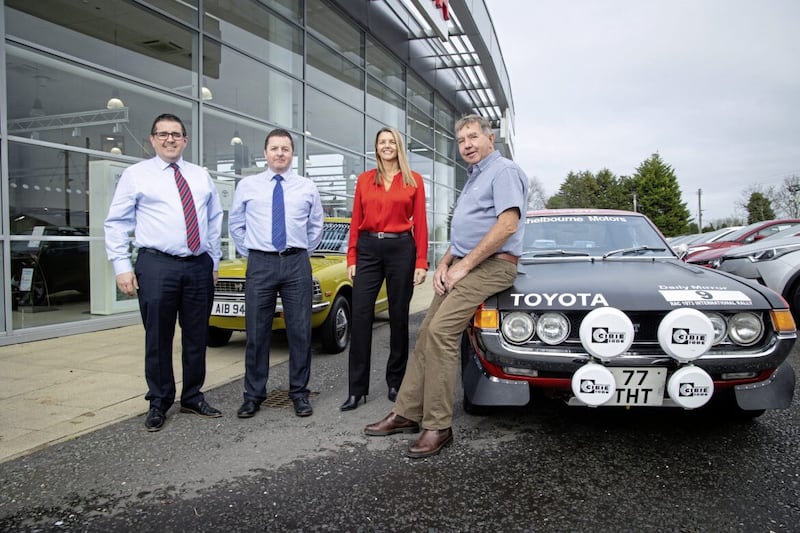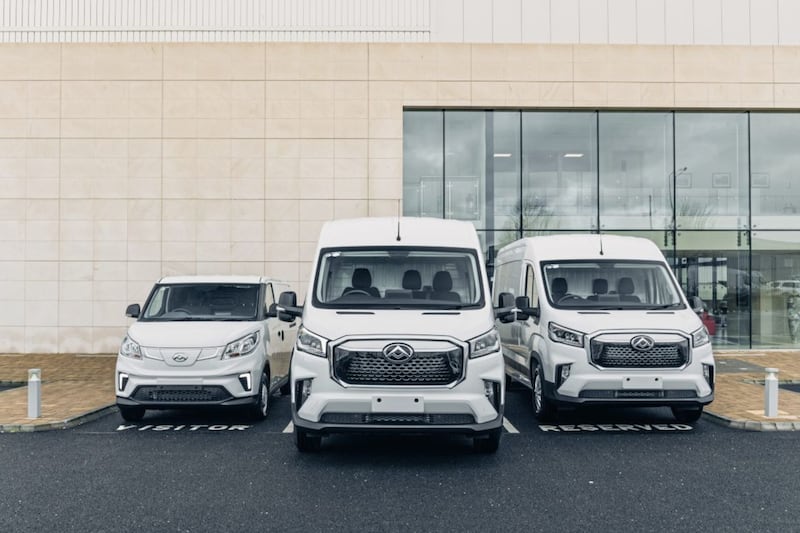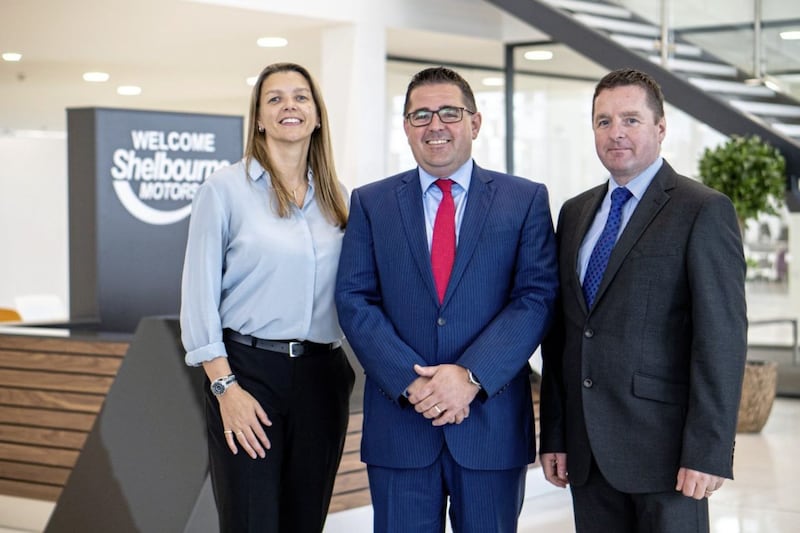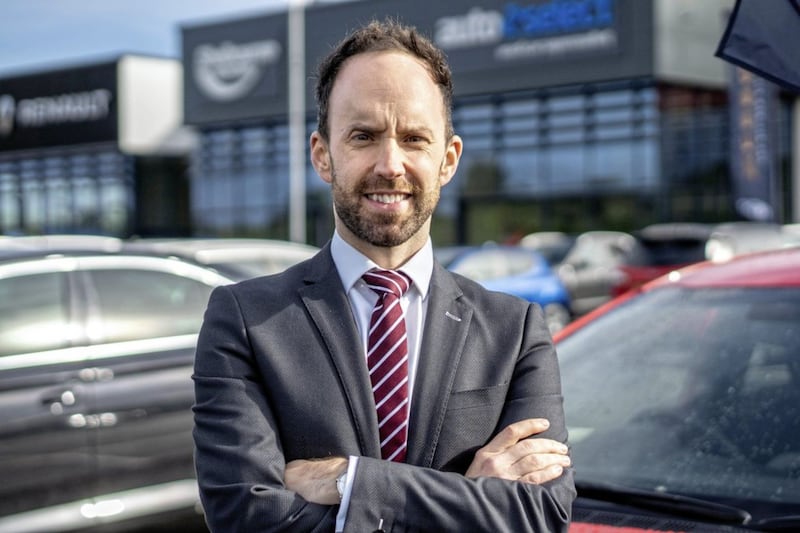FAMILY-owned vehicle retailer Shelbourne Motors has reported a pre-tax profit of £1.4m in 2019 – an increase on the previous year.
It comes as the firm celebrates the first anniversary of the opening of its £5 million multi-franchise complex in Newry.
That contributed to Shelbourne Motors’ total workforce rising by 25 per cent in 2019, with 150 full-time and part-time staff across its Portadown and Newry sites.
Shelbourne Motors operates Toyota, Renault, Nissan, Kia and Dacia franchises, as well as used car supermarket AutoSelect, accident repair centre, vehicle rental division, fleet company and a valet centre.
The firm's financial director Caroline Willis said: “We're delighted to recognise that many strategic objectives around the growth of the business have been successfully delivered in 2019, and this can be translated with the company’s strong financial performance.
“The Newry facility was not forecast to make a profit in the first year of operation, in line with many newly opened motor retail franchise businesses, so to be able to record a 17 per cent increase in annual profits is a testament to the strength and growth of our brand.”
Shelbourne Motors has bounced back from the coronavirus lockdown to record a strong sales performance over the summer in new and used cars, as well as after sales services.
Sales director Paul Ward said: “We have seen significant growth in both new and used cars since the re-opening of the showrooms in June.
“We're trading ahead of expectations and are optimistic this trend will continue. We have seen a real demand for EV/hybrid models, which is a change to the traditional diesel market.”
